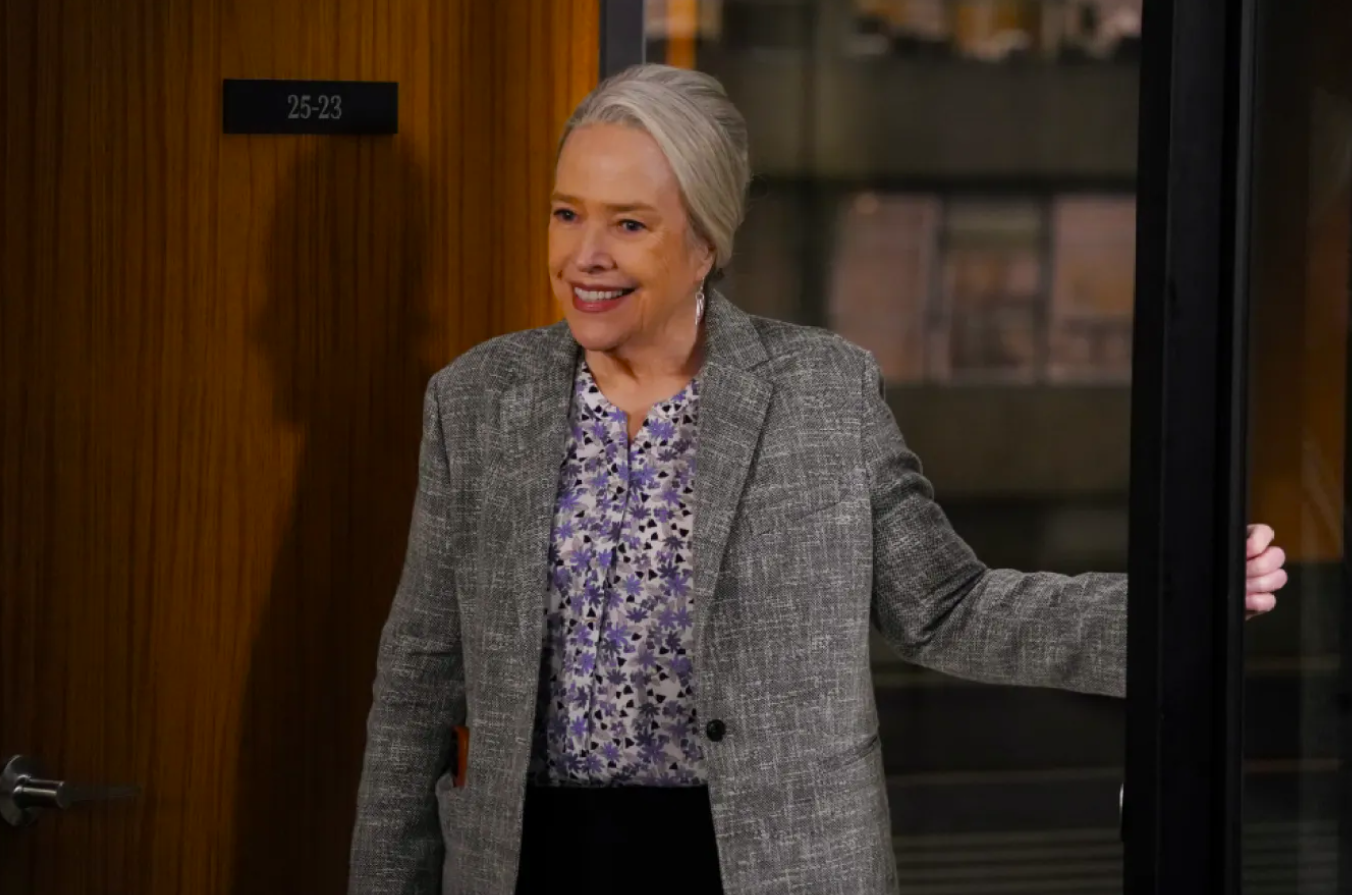
“Abbott Elementary” and “Ghosts” are two of the greatest comedies on TV, period. Yes, I know they’re broadcast shows — but that’s my point. Until recently, that was considered a knock when it came to awards and critical acclaim. Not in 2025.
Everyone loves a story about the rise of the underdog, and broadcast is definitely experiencing one. After too many years of being the place where you sold your lesser (but extremely profitable!) work, broadcast has been lauded as once again a cool place to produce.
It starts, of course, with the “Netflix effect.” What have people been bingeing at the streamers? Why, broadcast series like “The Office,” “Grey’s Anatomy” and “NCIS” — the kinds of shows with deep libraries because they came from broadcast’s 22- or 24-episode seasons.
Remember the good ol’ days, when the TV season lasted from September to May, 100 episodes (after around four years!) brought syndication riches and shows reached millions of people all at once? Yeah, turns out there’s a reason that model was successful for seven decades.

Prestige TV changed all that, and I’m not complaining — cable and streaming have produced many, if not most, of the best television series of all time. And they were well awarded for it: Broadcast has been shut out of the top drama or comedy Emmy since 2014, when ABC’s “Modern Family” won its last series honor.
For drama, that stat goes back to 2006, when Fox’s “24” won the category. But comedy has always been a bright spot at the networks, and the recent success of “Abbott Elementary” and “Ghosts” is proof that some of the laughs are still in primetime (even if you’re watching those shows on Hulu or Paramount+).
Then came this season: ABC’s “High Potential,” CBS’ “Matlock,” NBC’s “St. Denis Medical,” Fox’s “Doc” and other freshman entries are making just as many waves as their streaming counterparts.
And they’re doing it with many, many more episodes. “Doing a lot of episodes, with a big writer’s room, is how I learned to tell stories with precision and pace,” “Matlock” showrunner/exec producer Jennie Snyder Urman tells me. “And it’s so great for the audience too, they get to live with these characters for long periods of time and develop deep connections… I’m all in on broadcast!”
It never gets tired: When I moderate a panel with the “Abbott” or “Ghosts” folks, there’s always a point in the conversation when I ask them to tell the audience how many episodes they produce a season. This year, for both, the answer is 22. A hush then falls over the crowd. What used to be the norm is now a feat of strength. A streaming gem is often a success because producers can put all of their effort into six episodes. Maintaining quality for 22? Hero status.
It’s harder on the drama side, which is why I understand the desire by the “High Potential” folks to stick with 13 episodes this season. Similarly, “Matlock” did 19 in Season 1, a feat in itself. (Of course, the long well-oiled machines like the Dick Wolf universe do more, but that is its own beast.)
Still, that’s a lot more than most of our streaming and cable friends make. Now, Max’s “The Pitt,” produced by broadcast champion John Wells (331 episodes of “ER,” 154 episodes of “The West Wing”), has been called the ideal example of how to apply the broadcast ethos to streaming. And there’s more to come.
Hulu’s “Mid-Century Modern” is a perfect broadcast multi-cam comedy — except they can say “fuck.” But it’s laugh-out-loud funny: Something that still drives network laffers. “I’m from a time when broadcast shows were all we had,” “St. Denis Medical” executive producer/showrunner Eric Ledgin also says. “Now these highly specific dramas have been taken over, and I think we’ve started to miss the big, universal comedies. So I’m proud to be a part of something people are kind of reluctantly crawling back to.”
The lines are blurring, and I’m here for it, as long as broadcast is still in the game. Some of streaming’s greatest shows come from the old school networks, and this season there’s no shortage of them. And if there’s a patron saint of broadcast’s return to glory, let’s canonize Kathy Bates. Not only did she help make broadcast cool again, but she somehow even made the title “Matlock” hip.